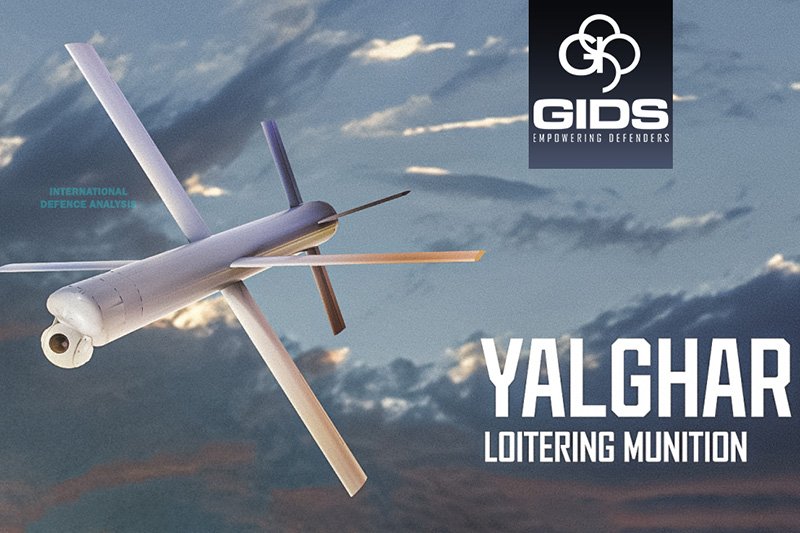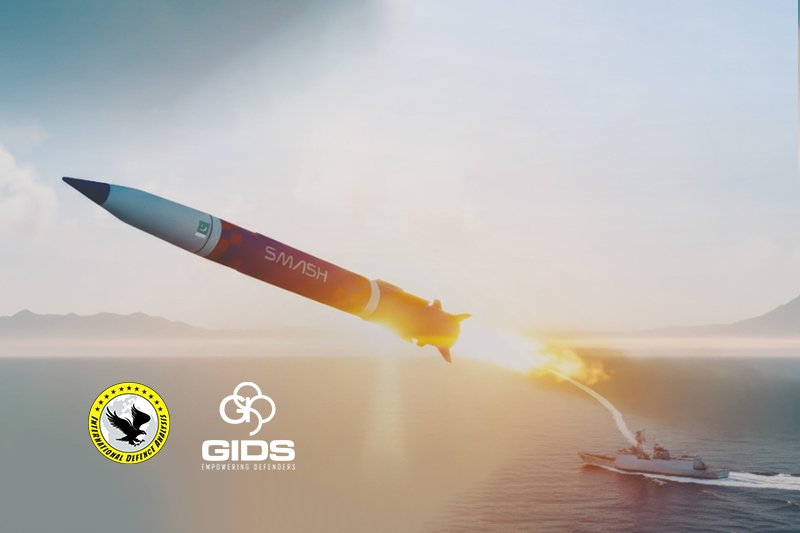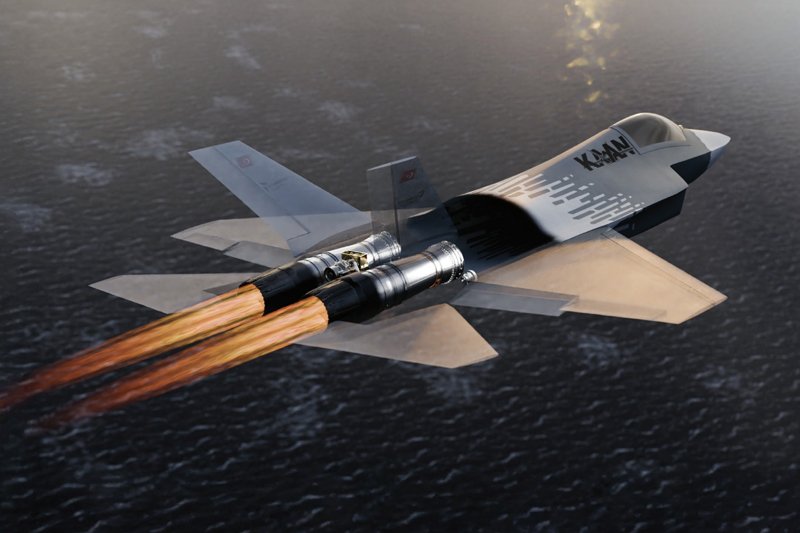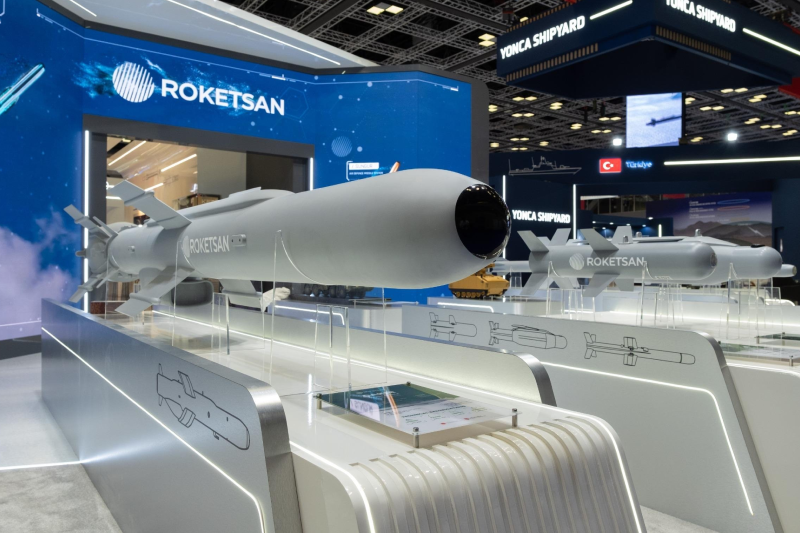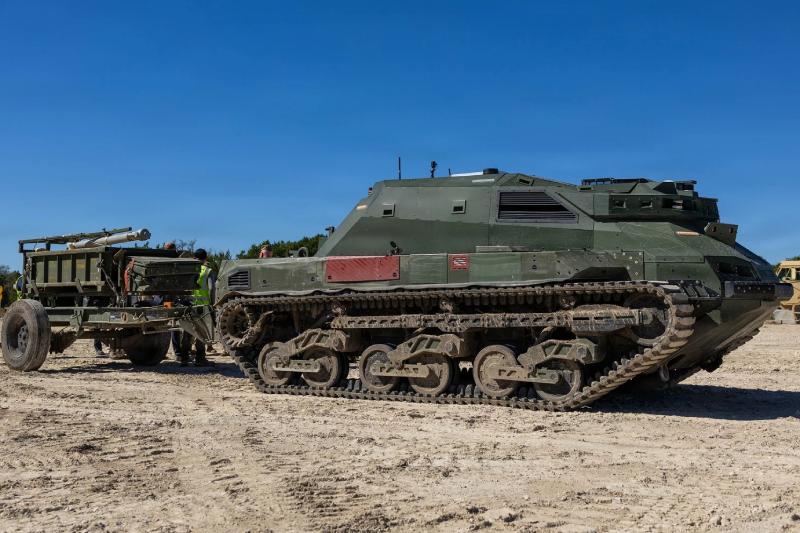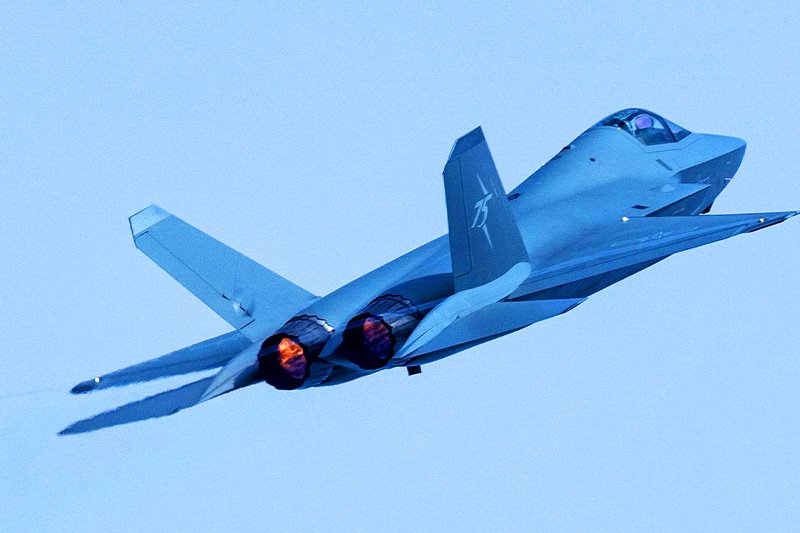Pakistan’s J-35 Deal Marks Chinese Stealth Fighter’s Global Entry
Pakistan’s reported acquisition of China’s J-35 stealth fighter jets marks a significant milestone in the global defense landscape. This deal not only solidifies the J-35’s position as a fifth-generation fighter ready for international markets but also reshapes the regional dynamics between Pakistan and its rival, India. Analysts believe that this development will enhance Pakistan’s aerial capabilities and provide a strategic advantage, underscoring the deepening defense ties between China and Pakistan. “Pakistan’s J-35 Deal Marks Chinese Stealth Fighter’s Global Entry”.
China’s J-35: A New Era in the Global Arms Market
China’s potential sale of 40 J-35 fighter jets to Pakistan highlights its growing influence in the global arms trade. This deal would be China’s first export of a fifth-generation fighter, signifying a pivotal moment for Beijing’s ambitions. Experts argue that such sales will not only enhance China’s reputation as a reliable arms supplier but also provide funding for advanced military projects for the People’s Liberation Army (PLA).
The J-35, a successor to the J-31 prototype, features advanced stealth capabilities, superior radar systems, and versatile combat functionalities. Its introduction to the global market challenges Western dominance in advanced fighter technology, offering nations a competitive and affordable alternative.
Impact on South Asian Geopolitics
The acquisition of J-35 jets is expected to shift the balance of power in South Asia. With India investing heavily in its Rafale fleet and developing indigenous fighter programs like the Tejas, Pakistan’s addition of the J-35 may compel India to reassess its air defense strategies.
The growing defense partnership between Pakistan and China adds a new dimension to the Pakistan-India rivalry. China’s support of Pakistan with state-of-the-art military hardware signals a strategic alignment that could counterbalance India’s partnerships with Western nations like the United States and France.
Modernizing the Pakistan Air Force
The reported deal to acquire 40 J-35 jets reflects Pakistan’s commitment to modernizing its air force. These advanced fighters will replace an aging fleet that includes American F-16s and French Mirage aircraft, ensuring that Pakistan remains competitive in the evolving aerial combat arena.
Reports also suggest that PAF pilots have already commenced training for the J-35 in China, indicating the urgency and strategic importance of this deal. The stealth fighters will complement Pakistan’s existing fleet of Chinese-made J-10CE jets, further enhancing its operational capabilities.
Expert Perspectives
Military analysts note that China’s willingness to export fifth-generation fighters signals its confidence in the J-35’s capabilities. The deal demonstrates Beijing’s growing expertise in military aviation and reinforces its status as a trusted defense partner for allies like Pakistan.
For Pakistan, the acquisition offers a dual advantage: bolstering its air force with cutting-edge technology and strengthening its strategic partnership with China.
Also read this: Chinese J35 Airforce variant for PLAAF and PAF
Pakistan’s reported J-35 deal is a game-changer for both its military capabilities and China’s ambitions in the global defense market. This partnership highlights expertise, authority, and trustworthiness in advancing military technology, promising significant implications for regional security and international arms dynamics.
Keep connected with us at Facebook, Twitter, YouTube, Instagram & TikTok for latest defense happening around the globe.
Discover more from International Defence Analysis
Subscribe to get the latest posts sent to your email.


